Bride Price Negotiations: Tradition or Exploitation?
Introduction
In many African communities, the bride price, is a customary practice where the groom’s family presents gifts or money to the bride’s family. This tradition, steeped in cultural significance, symbolizes respect and the forging of familial bonds. These traditions vary depending on the community one is marrying into.
During the marriage rites in most African communities, the man gives his brides family cattle as a show of gratitude and to demonstrate to the brides father that he is well prepared to take good care of the bride. It can be as many as 30 cattle but the most important one is given by the groom to his mother in law to thank her and the clan of women that raised the bride. Cows also symbolize wealth, royalty, strength and power.
However, in recent times, bride price negotiations have sometimes been manipulated into an excuse for exploitation, leading to financial strain and ethical concerns.
Historical and Cultural Context
Historically, the bride price served as a token of appreciation and a way to cement alliances between families. It was not merely a transaction but a meaningful exchange that honored the bride and her family. Traditionally, this practice included gifts such as livestock, clothing, and food items, which were reflective of the groom’s gratitude and commitment.
The cultural significance of the bride price lies in its role in maintaining social structures and familial ties. It reinforced the value placed on women and the importance of marriage as a communal event. Moreover, it was seen as a way to support the bride’s family, acknowledging the loss of her labor and presence.
While the tradition has many positive aspects, ensuring the continuity of cultural heritage, the underlying principles have often been overshadowed by modern economic realities.
Modern-Day Practices
In contemporary settings, bride price negotiations have evolved, influenced by modernization and economic factors. Urbanization and the monetization of traditional practices have altered the dynamics of these negotiations. What was once a symbolic gesture has, in many cases, become a substantial financial burden.
Today, it is not uncommon for negotiations to start with exorbitant demands, far removed from the original intent of the practice. This commercialization has led to a shift where the bride price is viewed less as a cultural obligation and more as a financial transaction, creating an environment ripe for exploitation.


Case Studies
Case Study 1: A Rural Community
In a rural community in Kenya, bride price negotiations remain deeply rooted in tradition. Here, the process is a communal affair, involving elders from both families who ensure the demands are reasonable and reflective of cultural values. Livestock, particularly cows and goats, along with symbolic gifts, form the bulk of the bride price. The emphasis is on maintaining respect and mutual support between families.
Case Study 2: An Urban Setting
Contrast this with an urban setting in Nigeria, where bride price negotiations have taken on a different tone. In the bustling city of Lagos, the process has become highly commercialized. Grooms are often faced with lengthy lists of expensive items, ranging from electronics to luxury goods, and significant sums of money. The negotiations are driven by material expectations, overshadowing the cultural and symbolic aspects.
Comparative Analysis
The rural community’s approach maintains the traditional spirit, focusing on cultural preservation and mutual respect. In contrast, the urban scenario highlights the shift towards materialism and financial exploitation. The stark difference between these settings underscores the impact of modernization and economic pressures on cultural practices.
Negative Consequences
The financial burden on the groom’s family can be immense, leading to debt and long-term financial strain. Inflated demands during negotiations can create tension and resentment between families, undermining the very relationships the tradition aims to strengthen.
Exploitation becomes apparent when the bride-price is used as a means to extract as much wealth as possible, disregarding the cultural significance. This not only affects the individuals directly involved but also shapes societal perceptions, reducing the bride price to a mere transaction.
Voices and Perspectives
Interviews with individuals who have faced exploitative negotiations reveal a sense of disillusionment. One groom from Accra shared, “What should have been a joyous occasion turned into a financial nightmare. The demands were unrealistic, and it felt more like a business deal than a cultural exchange.”
Community leaders and elders, like Chief Otieno from Kenya, emphasize the need to return to traditional values. “We must remember the true purpose of the bride price and not let modern influences corrupt our customs,” he states.
Anthropologists highlight the tension between preserving cultural practices and adapting to contemporary economic realities. Dr. Amina Bello, a sociologist, notes, “The challenge lies in finding a balance where cultural traditions are respected without imposing undue financial burdens.”

Solutions and Recommendations
To address these issues, communities need to engage in open dialogue about the purpose and practice of the bride price. Educating families about the cultural significance and discouraging exploitative practices is crucial. Introducing regulations or community guidelines can help ensure that negotiations are fair and reflective of traditional values.
Conclusion
Bride price negotiations hold significant cultural value, but they must be conducted with fairness and respect. Balancing tradition with contemporary realities requires a collective effort to preserve the essence of this practice without succumbing to exploitation. By fostering awareness and implementing thoughtful reforms, African communities can honor their heritage while ensuring equitable and respectful negotiations.
3 responses to “Why Traditional Marriages are Becoming Less Popular in Afrika”
-
I like your stories, they remind me of who I am; a real African and Africa is our business.
-
There is need to find the common ground between tradition and modern ways/methods of paying bride price.
-
Yeah, it’s sad,how modernization has changed everything and even unfortunately due to the same, people end up embracing the come we say marriages and forego the traditional essence of paying the bride price, which I presume also came with so many blessings from the elders.
Good read!
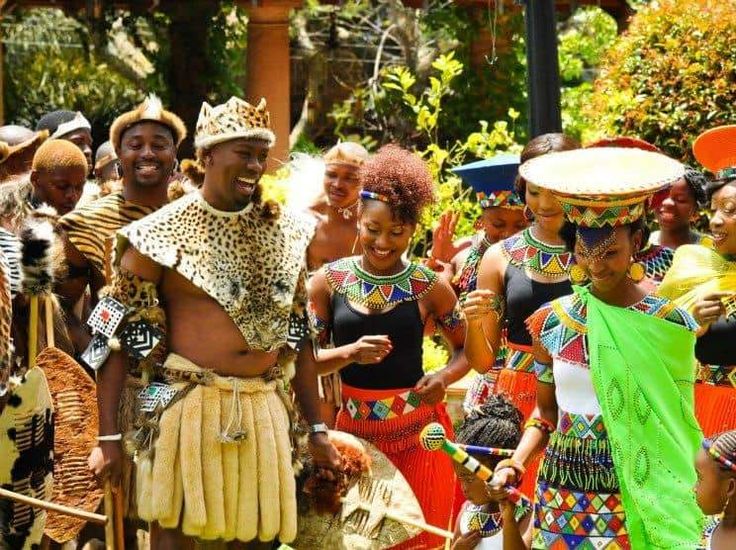

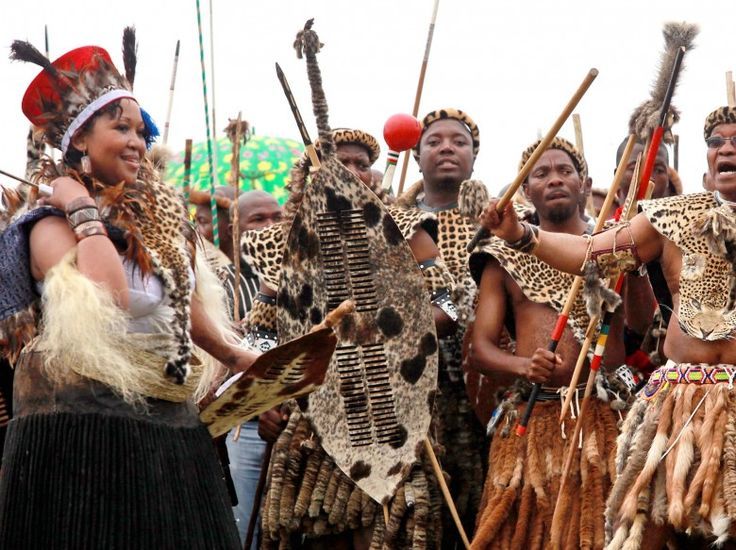
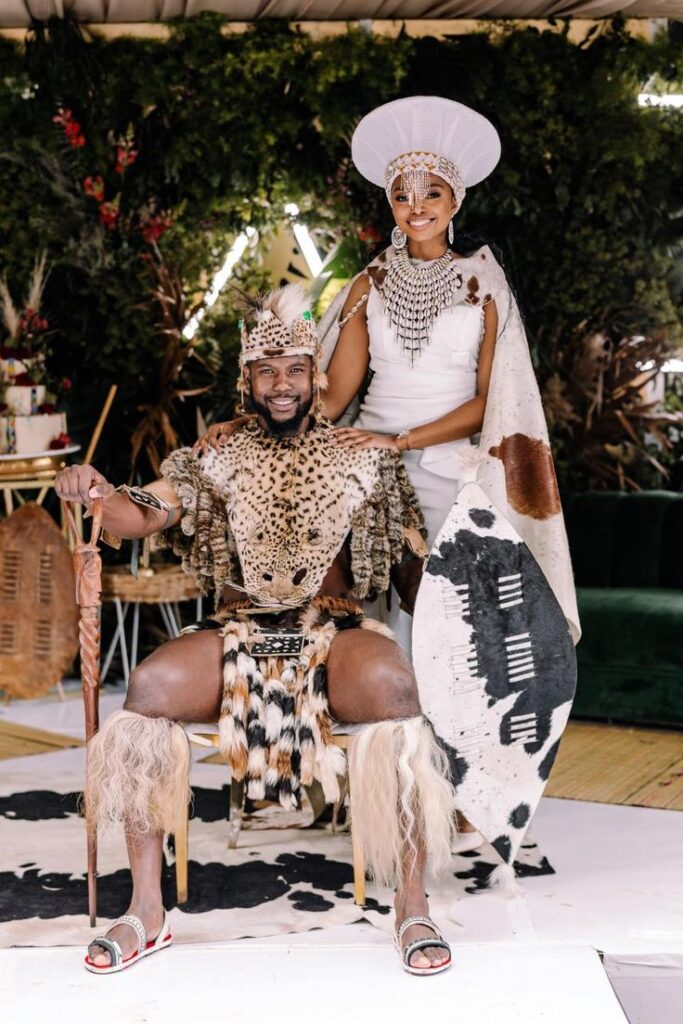

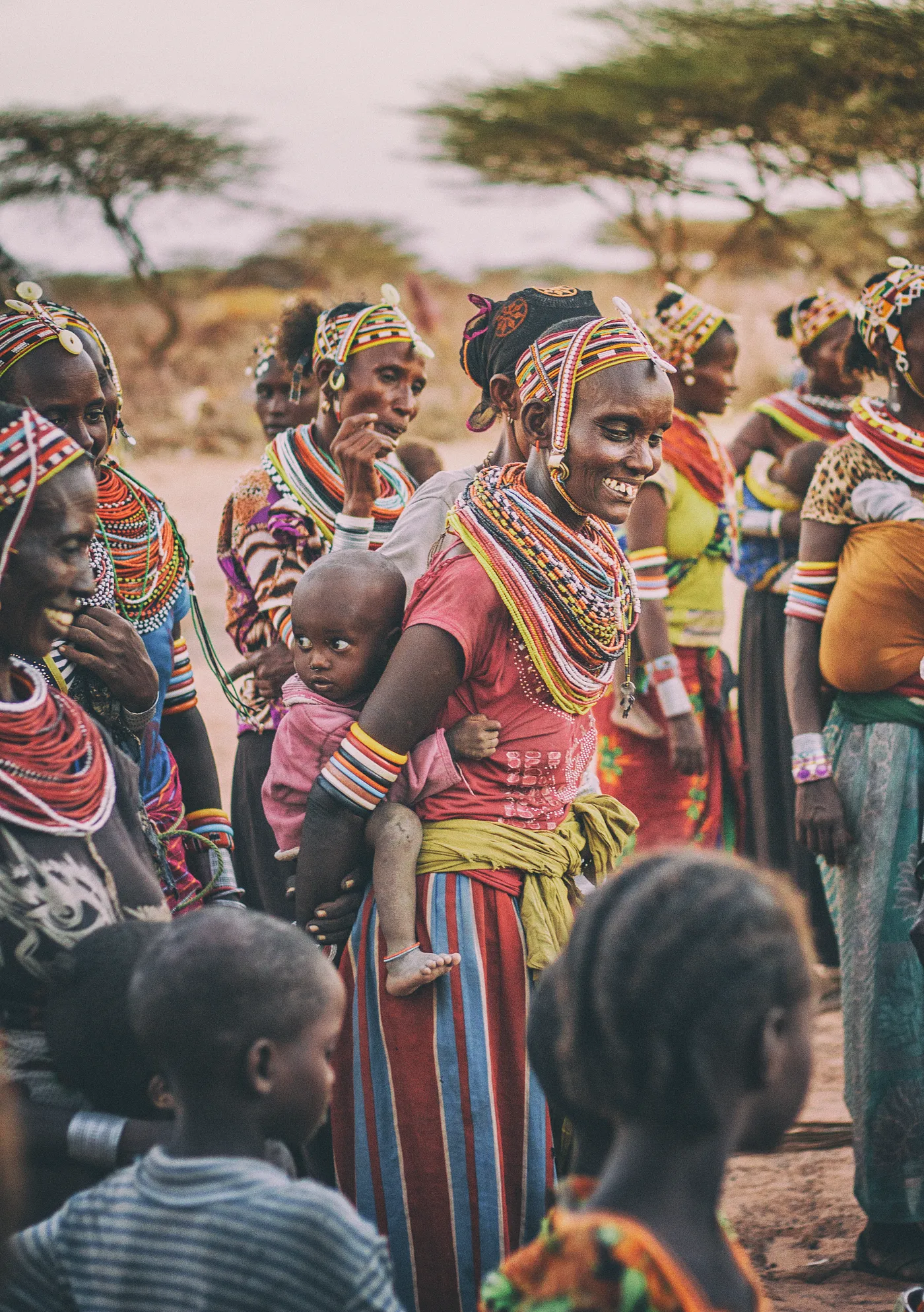
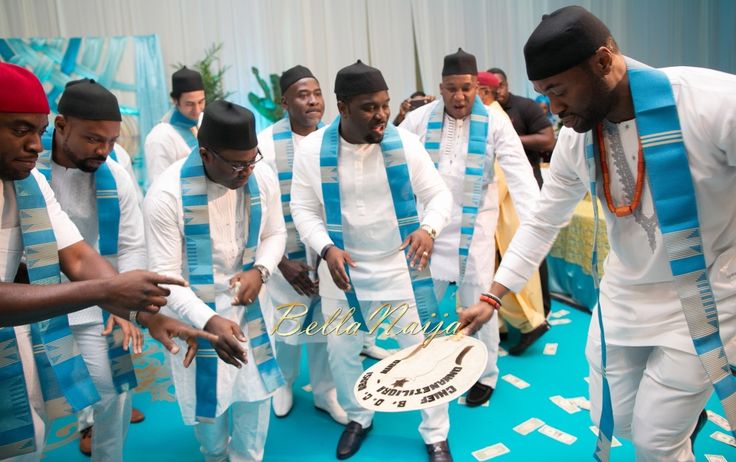
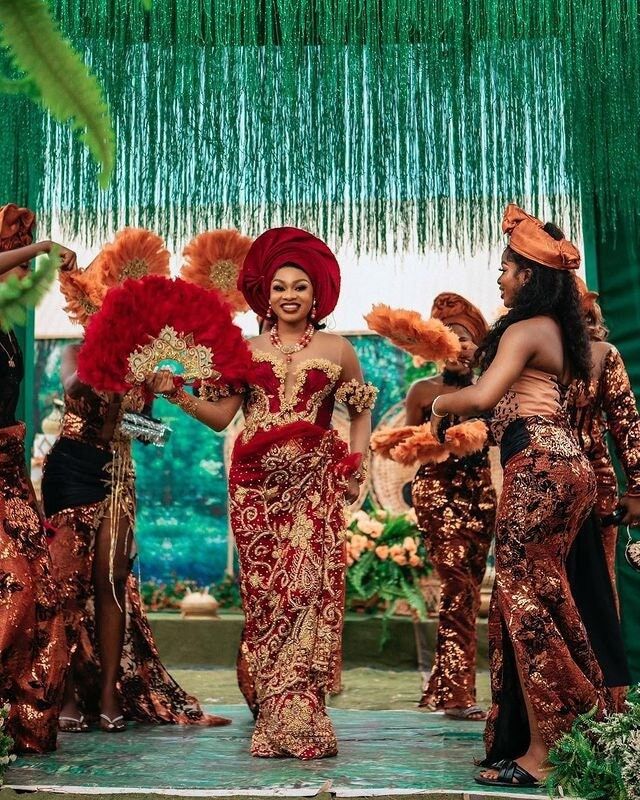
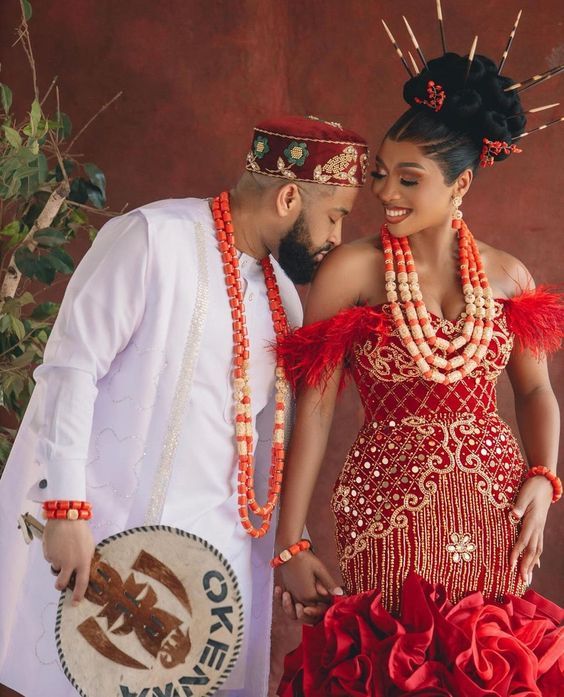
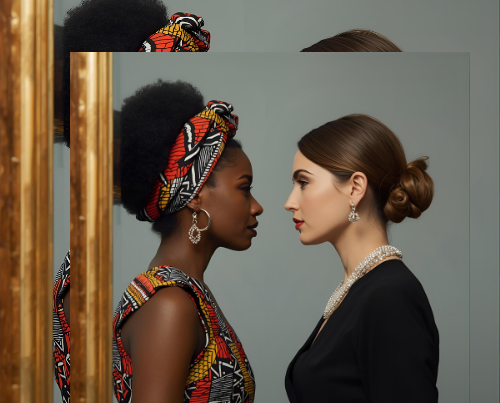
Leave a Reply